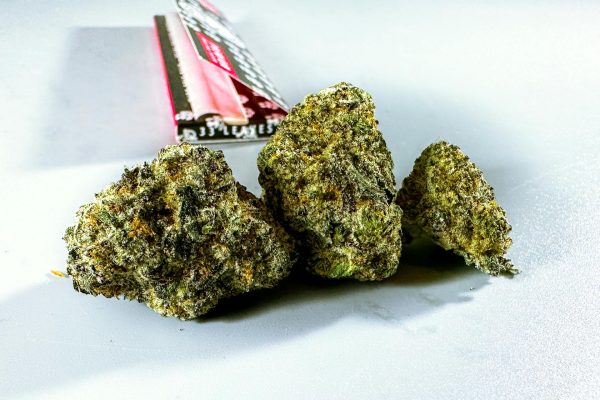Delta 9 THC, or delta-9-tetrahydrocannabinol, is the most well-known and studied cannabinoid found in the cannabis plant. It is responsible for the psychoactive effects commonly associated with cannabis use. However, there are other forms of THC, such as Delta 8 THC, that have gained popularity in recent years. In this article, we will explore the differences between Delta 9 THC and other forms of THC.
Delta 9 THC vs. Delta 8 THC
Delta 9 THC and Delta 8 THC are both psychoactive cannabinoids found in the cannabis plant, but they differ in their chemical structure and effects. Delta 8 THC has a double bond on the 8th carbon atom, while Delta 9 THC has a double bond on the 9th carbon atom. This difference in chemical structure results in different effects.
Delta 8 THC is known for its milder psychoactive effects compared to Delta 9 THC. Users report feeling less anxious and more clear-headed when using Delta 8 THC. It is also legal at the federal level in the United States, unlike Delta 9 THC, which is still considered a Schedule I substance.
Delta 9 THC vs. THCA
THCA, or tetrahydrocannabinolic acid, is a non-psychoactive cannabinoid found in the cannabis plant. It is the precursor to Delta 9 THC and is converted to Delta 9 THC through a process called decarboxylation, which occurs when the cannabis is heated. THCA has different effects than Delta 9 THC and is not psychoactive on its own.
THCA has been shown to have potential therapeutic benefits, such as reducing inflammation and nausea, but more research is needed to fully understand its effects. THCA is also commonly found in raw cannabis products, such as juice or smoothies.
Delta 9 THC vs. CBD
CBD, or cannabidiol, is another cannabinoid found in the cannabis plant that has gained popularity in recent years. Unlike Delta 9 THC, CBD is non-psychoactive and does not produce the “high” associated with cannabis use. CBD has been shown to have a variety of potential therapeutic benefits, such as reducing anxiety and inflammation.
CBD and Delta 9 THC interact with the endocannabinoid system in different ways. Delta 9 THC binds directly to cannabinoid receptors in the brain, while CBD does not bind directly to these receptors. Instead, CBD affects the endocannabinoid system by enhancing the effects of endocannabinoids, which are naturally occurring compounds in the body.
Delta 9 THC vs. THC-O
THC-O, or THC-O-acetate, is a synthetic form of THC that is believed to be more potent than Delta 9 THC. It is created by adding an acetate group to Delta 9 THC, which enhances its potency and duration of effects. THC-O is not found in nature and is produced through chemical synthesis.
THC-O is not as well-studied as Delta 9 THC, and there is limited information available on its effects and potential benefits. It is also illegal in many states and countries, unlike Delta 9 THC, which is legal for medicinal and recreational use in some states.





